Activity
Promotion of Integrated Farming Systems (IFS) and orchard Plantation
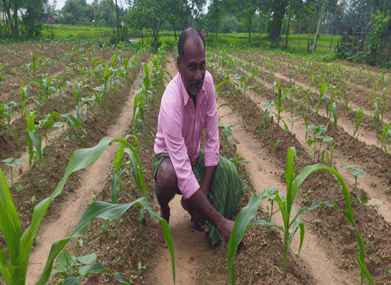
Seba Jagat promotes Integrated Farming Systems (IFS) as a holistic approach to agriculture that enhances the sustainability and profitability of farming. IFS involves the integration of crop cultivation, livestock rearing, aquaculture, and agroforestry practices to diversify sources of income and minimize the risks associated with monolithic farming. This approach encourages farmers to optimize the use of available resources while improving soil fertility, water management, and overall farm productivity. Through training and capacity building, Seba Jagat helps farmers adopt IFS practices, which in turn increases their resilience to climate change and market fluctuations. Additionally, IFS supports the sustainable management of resources, reduces dependency on external inputs, and helps improve the nutritional security of households by promoting diverse food production. Through regular farmer field schools, exposure visits, and demonstration projects, Seba Jagat fosters the widespread adoption of integrated farming, thus contributing to enhanced livelihoods and food security in rural communities.
Orchard Plantation
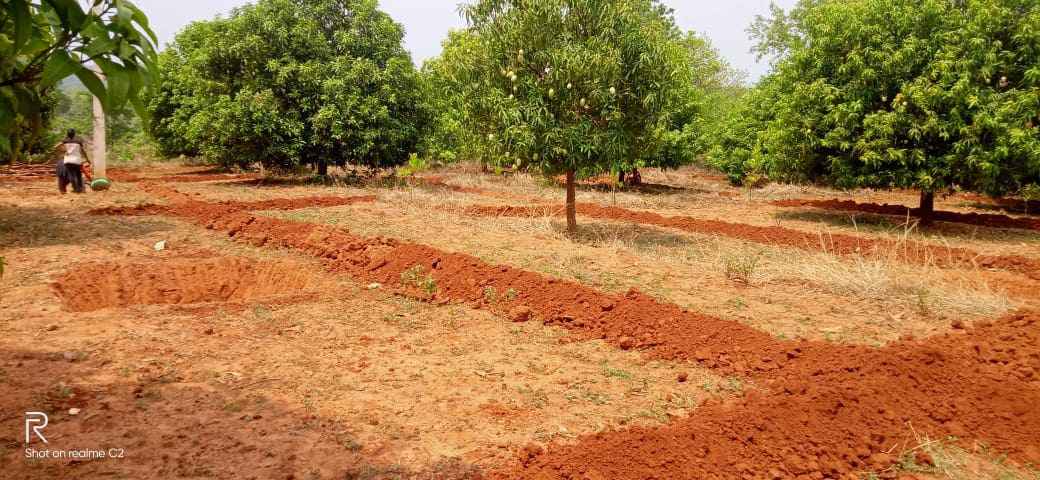
Orchard Plantation is a key component of Seba Jagats livelihood enhancement strategy, aimed at providing long-term and sustainable income opportunities for rural and tribal communities. By promoting the cultivation of fruit-bearing trees such as mango, cashew, guava, lemon, and jackfruit, orchard plantations contribute to both economic stab nutritional security. These plantations are established on individual as well as common lands, often in convergence with government schemes like MGNREGA and the Horticulture Mission. Seba Jagat supports communities through the entire process—selection of suitable species, training on planting and maintenance, and facilitating access to inputs and markets. Orchard plantations not only generate income over multiple years but also promote soil conservation, biodiversity, and climate resilience, making them an important part of sustainable land use in rain-fed and forest-dependent regions.
Crop Diversification and Climate-Resilient Agriculture
Climate change poses significant challenges to agricultural productivity, especially in vulnerable rural and tribal communities. Seba Jagats efforts to promote crop diversification focus on mitigating the risks associated with monoculture farming by introducing farmers to a variety of drought-resistant, pest-resistant, and climate-resilient crops. These include a mix of traditional and modern varieties, such as pulses, vegetables, legumes, and climate-resilient cereals. By introducing diversified crops, Seba Jagat enhances soil health, improves water use efficiency, and reduces the dependency on external fertilizers and pesticides. Farmers are trained on crop rotation, mixed cropping systems, and intercropping techniques that optimize land use, prevent soil degradation, and improve overall farm resilience. These strategies help communities better adapt to changing climatic conditions, ensuring long-term sustainability and food security. Additionally, crop diversification boosts farmers income by opening up new markets and reducing the impact of price volatility on single crops.
Millet Cultivation and Traditional Food Systems
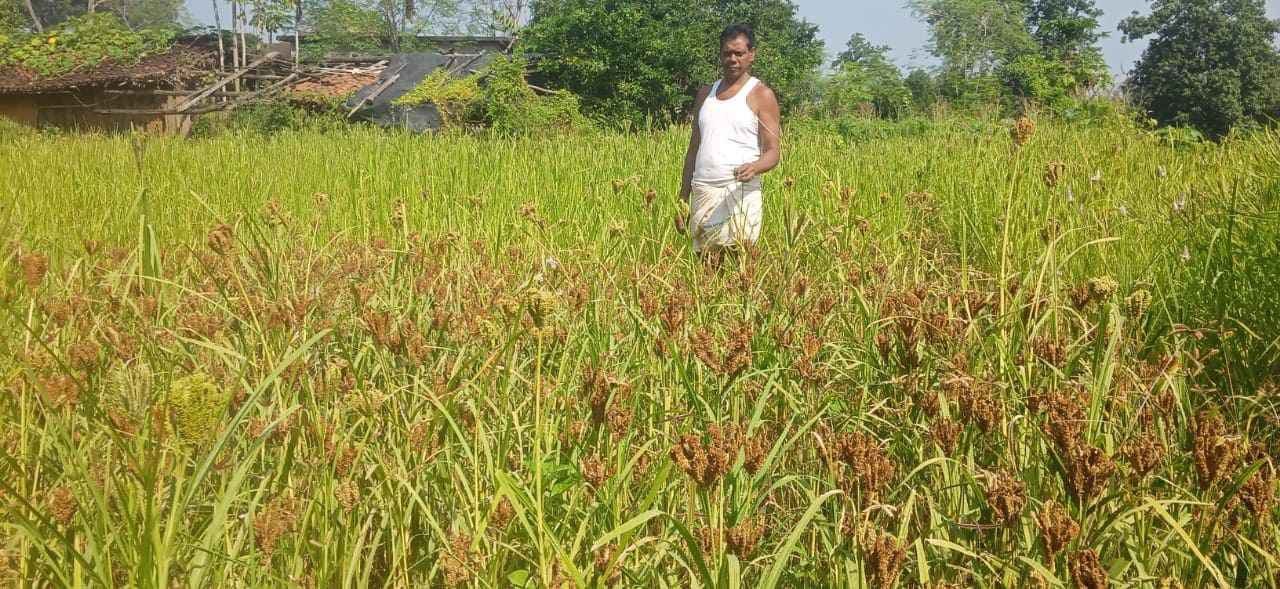
Seba Jagat promotes millet cultivation as a vital component of traditional food systems, especially in regions where climate change has disrupted conventional farming. Millets are hardy, drought-tolerant, and nutrient-dense crops that provide essential micronutrients such as iron, calcium, and fiber. By reviving millet farming, Seba Jagat not only helps farmers adapt to changing weather patterns but also supports the preservation of local food traditions. The promotion of millets as a staple food in tribal diets also helps address malnutrition, particularly iron deficiency, and promotes dietary diversity. Seba Jagat supports the cultivation of a variety of millets, such as finger millet (ragi), pearl millet (bajra), and sorghum (jowar), by providing seeds, technical support, and market linkages. Through advocacy and awareness campaigns, Seba Jagat works to revive traditional recipes and promote millets as a healthy alternative to rice and wheat. This not only empowers local farmers but also fosters community ownership of food security and nutritional sovereignty.
Aquaculture and Fisheries Development
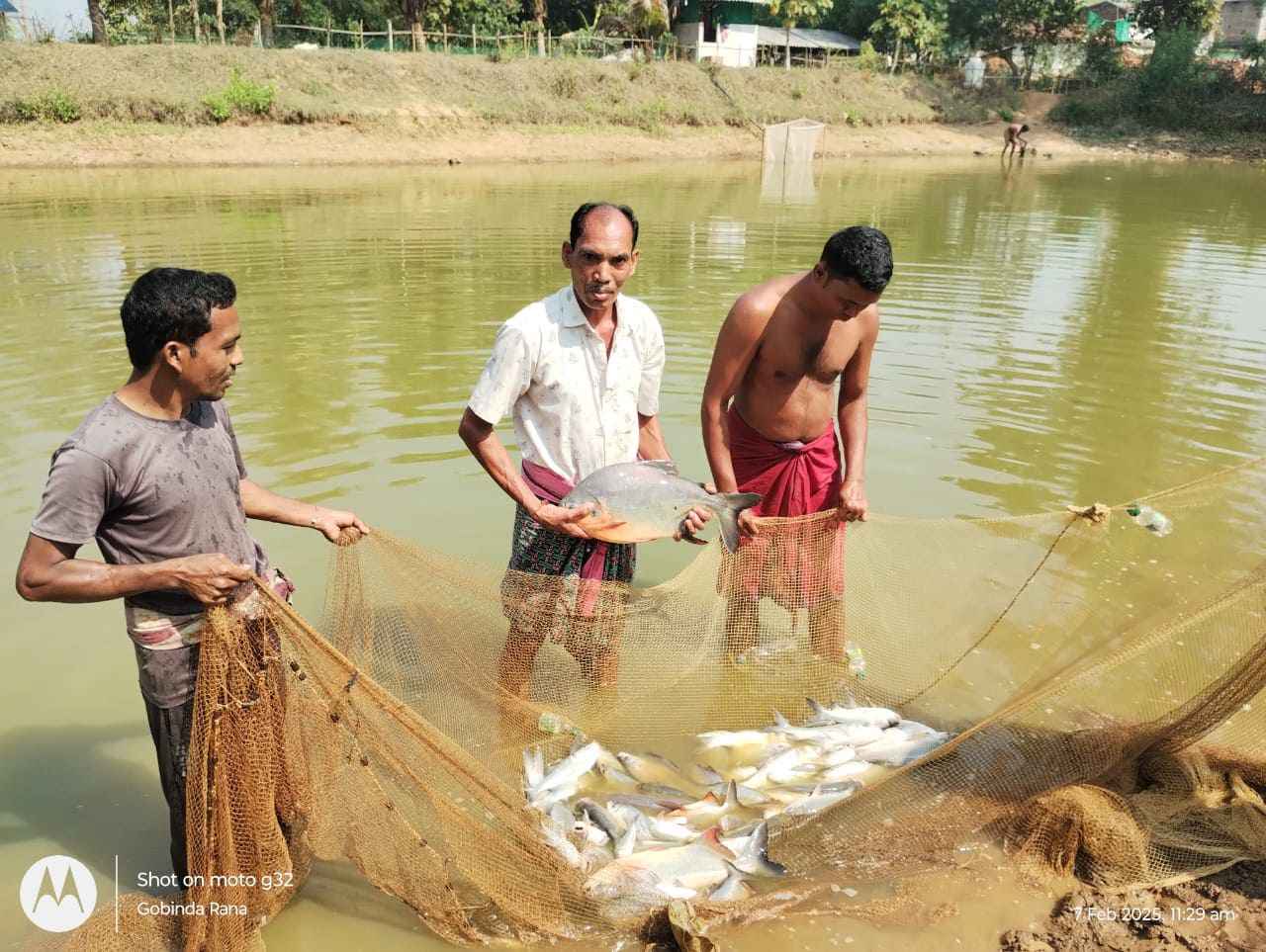
Seba Jagat has integrated aquaculture and fisheries development into its rural livelihood programs, recognizing their potential to enhance food security and provide sustainable income. Through the promotion of fish farming, Seba Jagat helps farmers and communities engage in high-value, low-maintenance farming systems that utilize water bodies effectively. Fish farming improves household nutrition by providing a rich source of protein and essential fatty acids, contributing to a more balanced diet, particularly in food-insecure communities. Seba Jagat provides training on pond management, fish breeding, water quality control, and sustainable harvesting techniques. Additionally, Seba Jagat helps establish linkages to markets, ensuring that fish farmers can access fair pricing for their produce. By promoting the diversification of agricultural practices, including aquaculture, Seba Jagat ensures that rural communities have access to multiple sources of income, reducing their reliance on single crops and increasing resilience to economic or environmental shocks.
Livestock Rearing and Animal Health Support
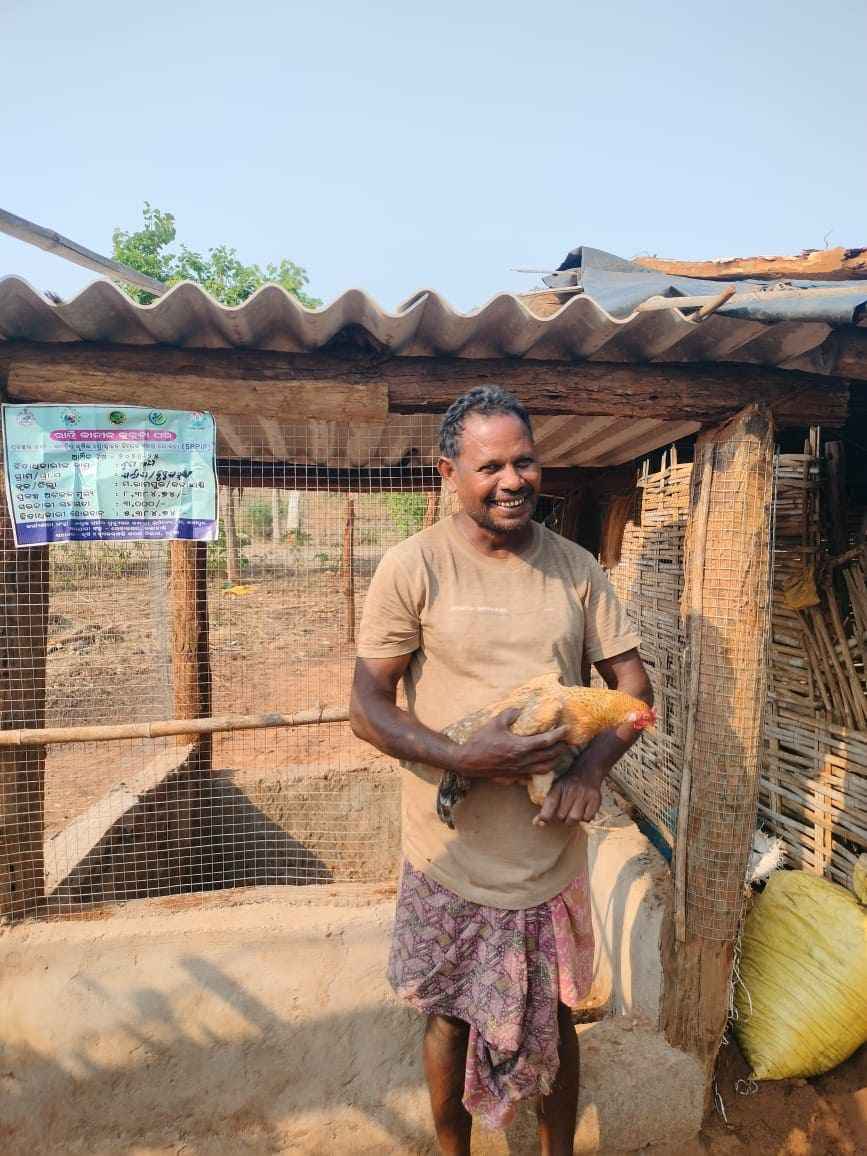
Livestock rearing plays a crucial role in the livelihoods of rural communities, providing not only food but also income, fuel, and cultural value. Seba Jagat supports livestock farmers by promoting sustainable animal husbandry practices and ensuring access to veterinary services, nutrition, and breeding support. Through a combination of training, awareness campaigns, and outreach programs, Seba Jagat improves livestock management, focusing on species like cattle, goats, sheep, and poultry. Emphasis is placed on improving animal health by providing vaccinations, deworming, and disease prevention strategies. Seba Jagat also facilitates the establishment of livestock health clinics and animal health workers to address local veterinary needs. In addition, the organization promotes the establishment of community-based dairy cooperatives, enhancing milk production and marketing opportunities for women. Through these initiatives, Seba Jagat strengthens the resilience of rural households, improves food security, and fosters economic self-reliance through livestock-based livelihoods.
Forest-Based Livelihoods and NTFP Value Addition
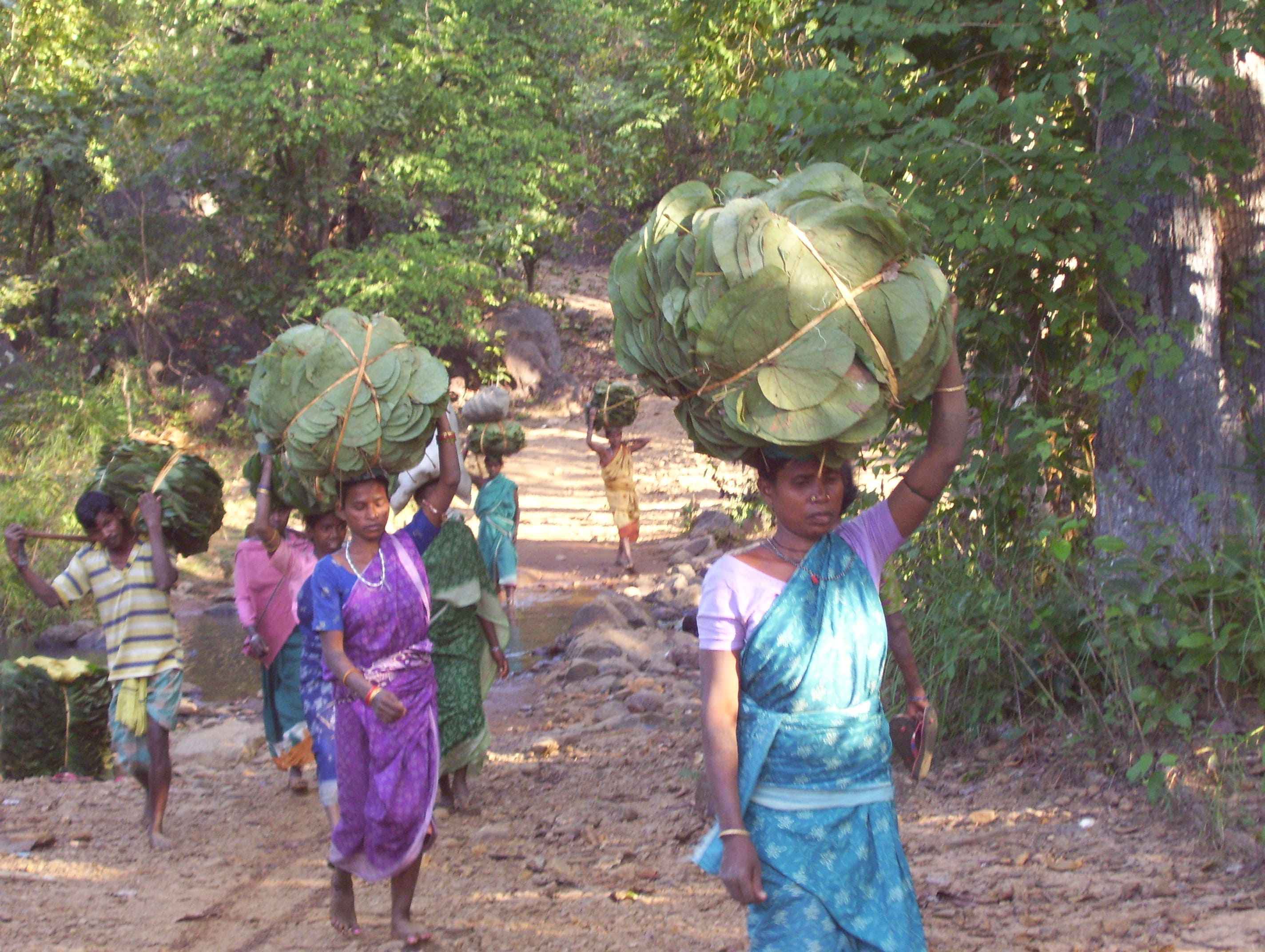
Forest-based livelihoods, particularly through the collection and sale of Non-Timber Forest Products (NTFPs), form a vital aspect of rural economies. Seba Jagat supports communities in sustainably managing and enhancing the value of NTFPs, which include products such as medicinal plants, honey, bamboo, and resins. Through training and capacity building, Seba Jagat helps forest dwellers understand the importance of sustainable harvesting practices that conserve biodiversity and ensure the long-term availability of forest resources. Additionally, Seba Jagat promotes the value addition of NTFPs by assisting communities in processing these products locally. This could involve creating value-added goods such as herbal medicines, handicrafts, or natural food products, which can fetch higher market prices. Seba Jagat also links these forest-based products to markets, ensuring fair trade practices and empowering local communities economically. By strengthening the role of women in NTFP collection and value addition, Seba Jagat enhances their economic independence and social status within their communities.
Village and Landscape-Based Livelihood Planning
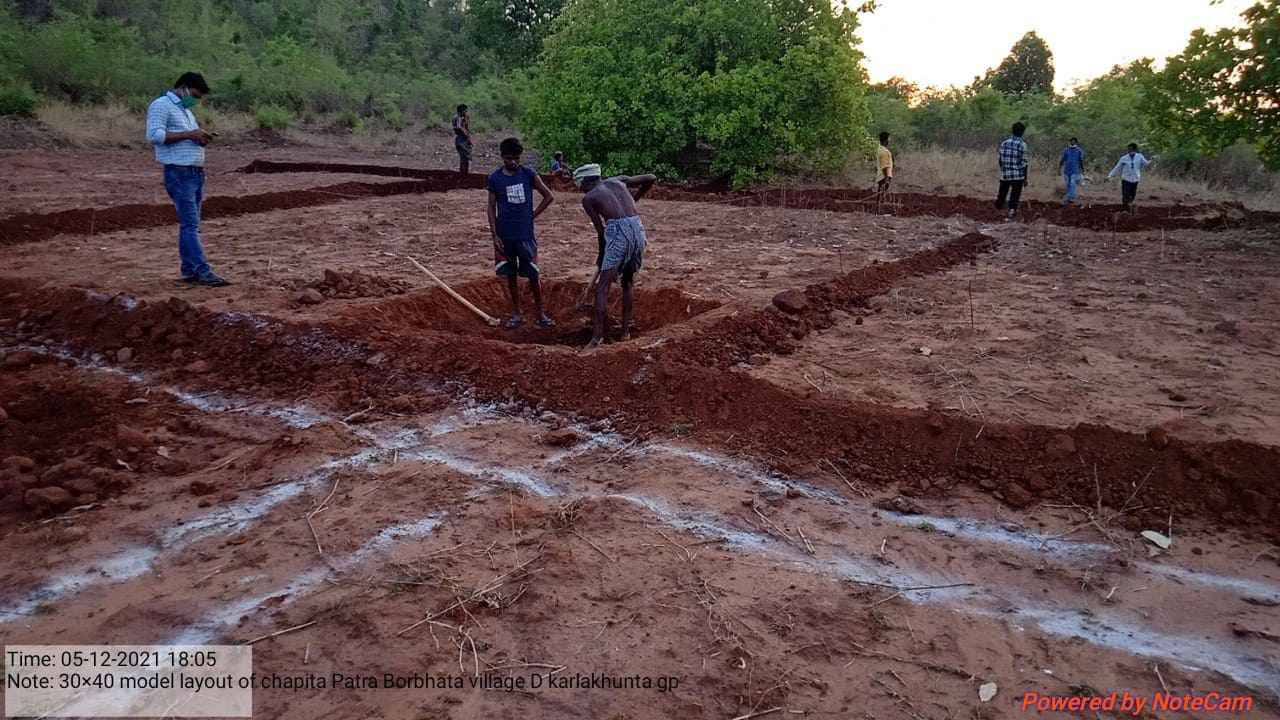
Seba Jagat adopts a landscape-based approach to livelihood planning and governance, recognizing the deep interlinkages between land, water, forests, and community resources. We work closely with local communities—especially women and marginalized groups—to design sustainable, need-based livelihood strategies that are rooted in the local ecosystem. Using participatory tools such as resource mapping, visioning exercises, and focus group discussions, communities identify their priorities and viable options like agricultural diversification, agroforestry, and water conservation. These strategies not only improve food security and income but also enhance ecological resilience. At the governance level, Seba Jagat facilitates inclusive planning processes that involve dialogue between communities, local institutions, and government bodies to ensure that decisions reflect diverse perspectives. By integrating traditional knowledge with scientific insights, we promote community ownership and long-term sustainability, making livelihood systems more equitable, adaptable, and resilient to environmental and economic changes
Promotion of Multi-Actor Platforms (MAPs)
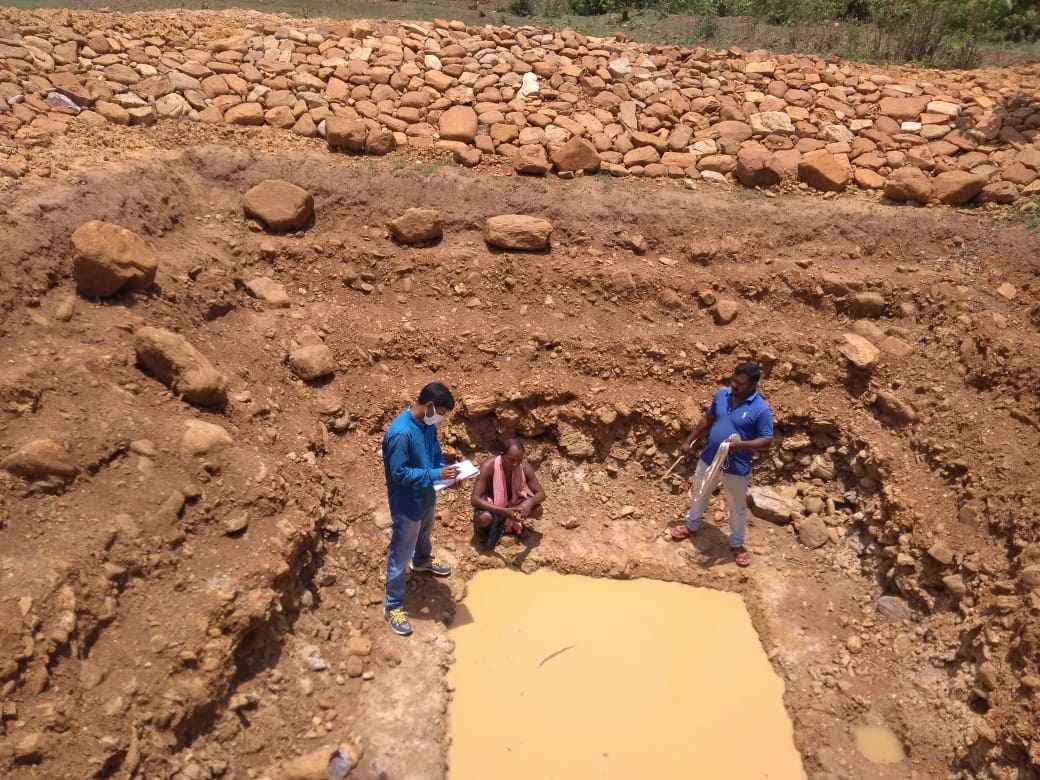
Multi-Actor Platforms (MAPs) serve as a key strategy for promoting knowledge sharing, convergence, and policy dialogue in rural development. Seba Jagat facilitates the creation of MAPs, which bring together various stakeholders, including farmers, local government representatives, civil society organizations, and the private sector, to collaborate and address common challenges. These platforms are instrumental in sharing best practices, innovations, and lessons learned across sectors such as agriculture, health, and education. Seba Jagat uses MAPs to facilitate dialogues on policy issues, enhance collective problem-solving, and advocate for better resource allocation and support for rural communities. By strengthening partnerships through MAPs, Seba Jagat ensures that the voices of marginalized communities are heard in policy-making processes. These platforms also serve as spaces for building trust, fostering collaboration, and aligning the efforts of different actors toward common development goals.
Strengthening Forest and Commons Management by Community
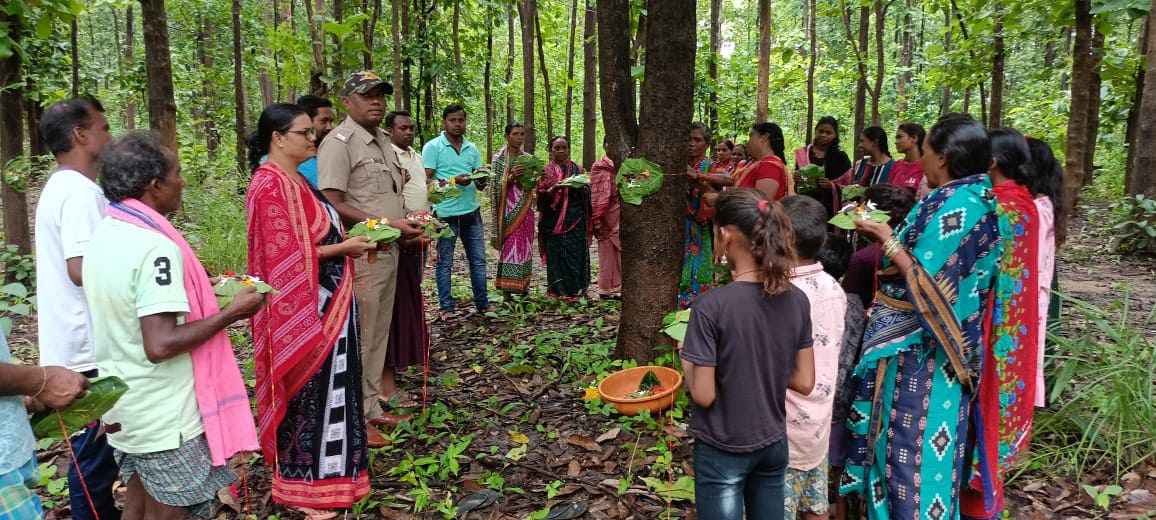
Seba Jagat works to strengthen community-based forest and commons management systems, recognizing that local communities are the best stewards of their natural resources. Through awareness campaigns and capacity-building programs, Seba Jagat helps communities understand the importance of sustainable resource use and management. This includes promoting practices such as community forestry, participatory forest management, and conservation-based livelihoods. Seba Jagat helps establish Forest Rights Committees (FRCs) and supports the legal recognition of community rights over forests and other common property resources. By strengthening community control over these resources, Seba Jagat enables communities to manage forests sustainably while improving their livelihoods. This approach ensures the preservation of biodiversity and the sustainable extraction of forest resources, which are essential for food, fuel, and income
NTFP Value Addition and Livelihood Promotion
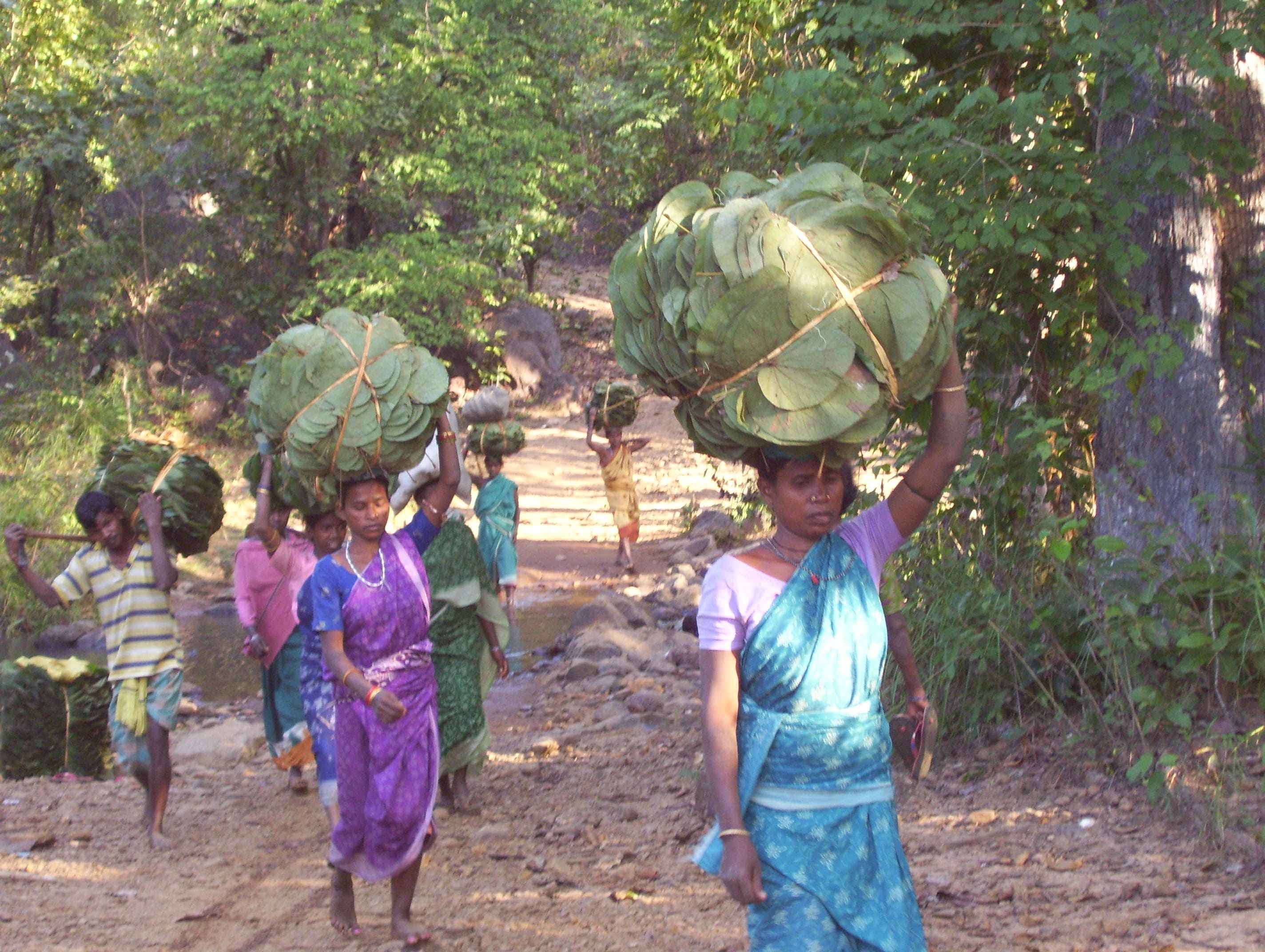
Non-Timber Forest Products (NTFPs) are an important source of income for rural and tribal communities, and Seba Jagat works to enhance the value of these products through processing, branding, and marketing. Seba Jagat helps communities develop skills in value-added product creation, such as producing herbal medicines, jams, handicrafts, and essential oils. These products can command higher market prices, improving the financial well-being of local households. Seba Jagat also links these products to larger regional and national markets, ensuring fair trade and better price realization for NTFP collectors. By promoting sustainable harvesting techniques and fostering entrepreneurship in NTFP value addition, Seba Jagat creates alternative income streams for communities while preserving the biodiversity of forests. This approach not only improves livelihoods but also strengthens the local economy and empowers women, who are often the primary collectors and processors of NTFPs.
Convergence with Line Departments (Agriculture, MGNREGA, Horticulture, etc.
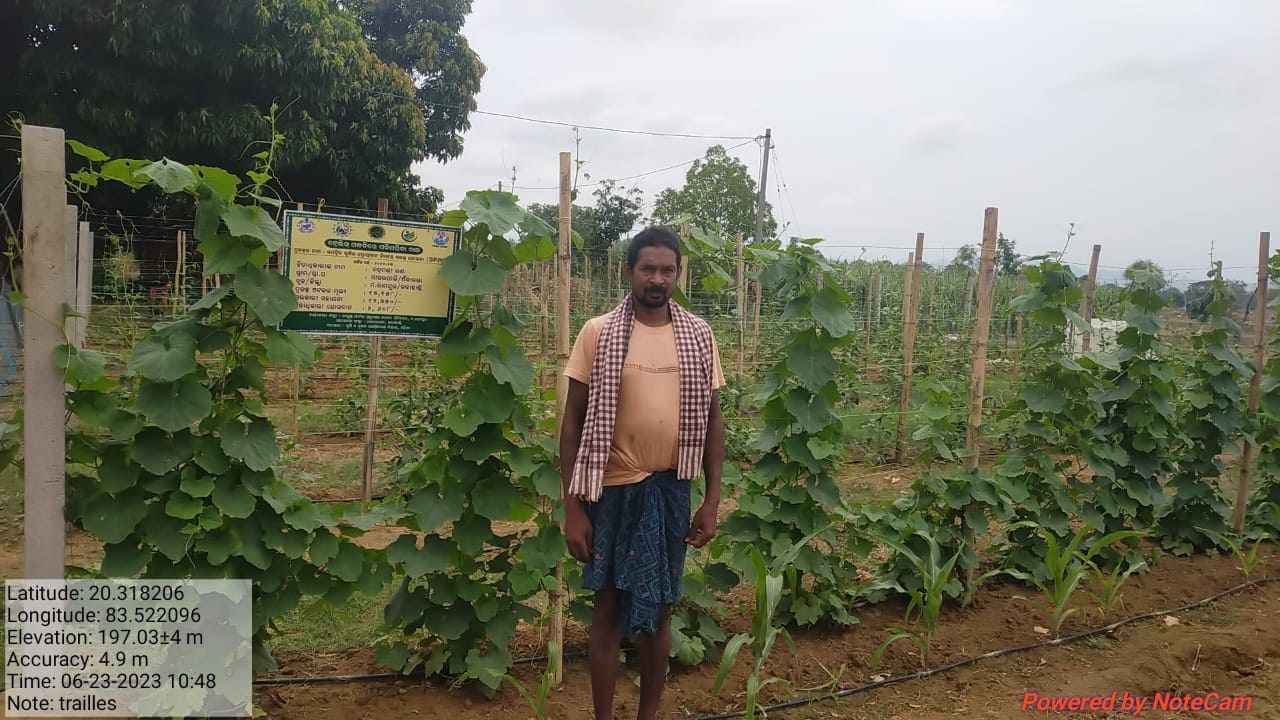
Convergence with line departments such as Agriculture, MGNREGA, and Horticulture is a vital component of Seba Jagats rural development strategy. By working closely with these government departments, Seba Jagat ensures that rural communities have access to various government schemes, resources, and technical support. Seba Jagat facilitates the integration of these services into local development plans, ensuring that community needs are met through available resources. For example, Seba Jagat helps farmers access subsidies for agricultural inputs, implements water conservation initiatives through MGNREGA, and promotes horticultural development through technical assistance and training. By facilitating convergence between community-based initiatives and government programs, Seba Jagat ensures a holistic and integrated approach to rural development. This synergy maximizes the impact of available resources, reduces gaps in service delivery, and strengthens the capacity of local communities to manage their development effectively.
 SEBAJAGAT
SEBAJAGAT
